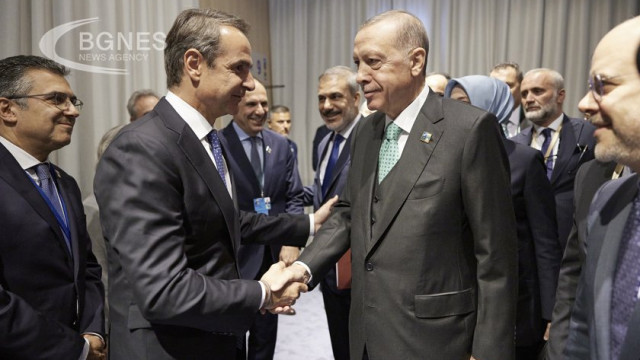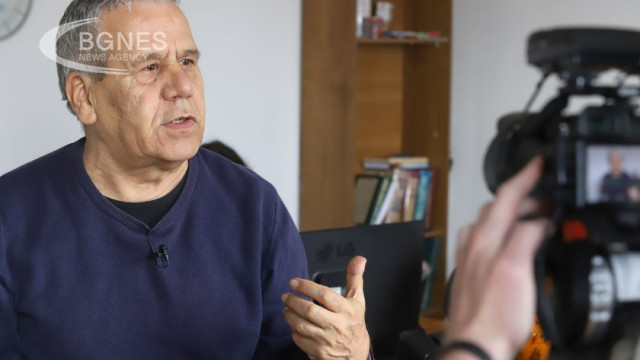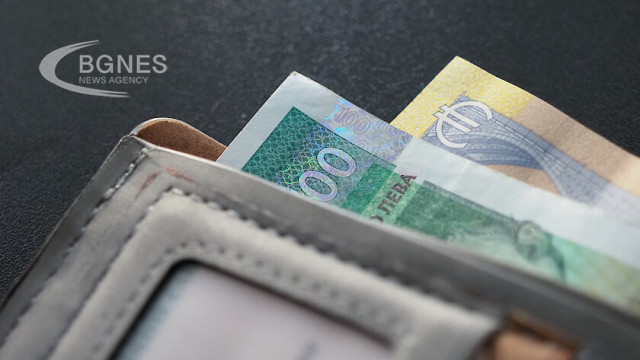Greek Prime Minister Kyriakos Mitsotakis (L) shaking hand with Turkish President Recep Tayyip Erdogan (R), on the sidelines of the NATO Summit in Vilnius, Lithuania, 12 July 2023. EPA/DIMITRIS PAPAMITSOS / GREEK PM OFFICE / HANDOUT HANDOUT EDITORIAL USE ONLY/NO SALES
In their complex relationship, Turkey and Greece could benefit from a positive, mutually beneficial approach to foster closer ties beyond historical geopolitics, Mehmet Celik said in an analysis for the Daily Sabah newspaper.
In the realm of international relations, where disputes often overshadow cooperation, Turkey and Greece are at a pivotal moment. Traditionally seen as squabbling neighbours, recent diplomatic efforts suggest a potential shift towards closer cooperation in the future. The catalyst for this change can be traced back to what is now called "earthquake diplomacy" - an unintended consequence of the tragic events that unfolded in Turkey's southeastern provinces on February 6.
Although NATO allies, Turkey and Greece are grappling with a host of conflicting issues, ranging from disputes over the militarization of the Aegean islands to maritime borders and enduring disagreements over the island of Cyprus. These contentious issues have at times brought the two countries dangerously close to armed confrontation. However, the current diplomatic phase of rapprochement signals a readiness for constructive dialogue and overcoming long-standing differences.
Amid these challenges, both sides acknowledge the influence of external factors, particularly the United States and some influential members of the European Union, in exacerbating their rivalry. Ankara argues that Athens, swayed by geopolitical interests in the Eastern Mediterranean, often falls prey to outside influence. Yet despite these external pressures, the leaders of both countries are ready to make new efforts to strengthen strained ties.
Restore connections
However, the leaders of the two countries will again make efforts to restore long-standing ties on December 7, when President Recep Tayyip Erdogan is expected to visit Athens as part of efforts to open a new page in bilateral relations. Erdogan and his delegation will be in the Greek capital for the Greek-Turkish High-Level Cooperation Council, where they will discuss bilateral ties with Greek Prime Minister Kyriakos Mitsotakis.
"Yesterday we had disputes with our neighbor Greece and we will have them tomorrow as well. Likewise, there will be those who will try to take advantage of these conflicts, but this fact does not mean that we cannot meet on common ground as two neighboring countries that share the same sea, the same climate and the same geography. We can develop our cooperation on the basis of mutual trust on many topics," Erdogan said on November 29 during his address to lawmakers from the ruling Justice and Development Party (AKP) in the Turkish parliament.
Greek officials also expressed a similarly positive approach. "What I continue to say is that regardless of whether we resolve our main issues, it is important in itself to extend the period of calm over the Aegean as long as possible," Greek Foreign Minister Giorgos Gerapetritis said in an interview. given on November 28.
Both Erdogan and Greek Prime Minister Kyriakos Mitsotakis express their commitment to fostering a positive climate in relations, as noted during their September meeting in New York.
Dialogue is critical to building trust
While we recognize that historical conflicts cannot be resolved quickly, it is critical that channels of communication be kept open, especially during confidence-building efforts related to security and military matters. Cooperation to tackle illegal migration - a common challenge for both countries - can serve as a cornerstone for bridging differences and minimizing the human and social costs associated with this problem.
Ankara's expectations from Athens are clear: to eliminate the influence of third countries from direct talks with Turkey. Taking an "agree to disagree" approach can pave the way for a mutually beneficial equation. Emphasis on positive aspects such as "Aegean calm", improved cultural ties and enhanced bilateral trade and economic relations can promote a win-win scenario.
In the complex landscape of international relations, it is not necessary for states to agree on all issues. Breaking apart, being open to dialogue and negotiating differences can open up new horizons for cooperation. By focusing on the positive aspects, Turkey and Greece can minimize the impact of issues that have strained their relationship in the past.
Beyond their political differences, the two neighbors have consistently supported each other during non-political disasters and humanitarian challenges, such as forest fires or earthquakes. The shared history - given that the reading of history can be conflicting depending on who is reading it - and the cultural similarities visible in aspects such as food and music provide an additional dimension to diplomatic efforts aimed at restoring strained ties.
Ultimately, as Turkey and Greece navigate the complexities of their relationship, a positive, mutually beneficial approach may bring them closer together than historical geopolitics would suggest, to the benefit of both sides. /BGNES







